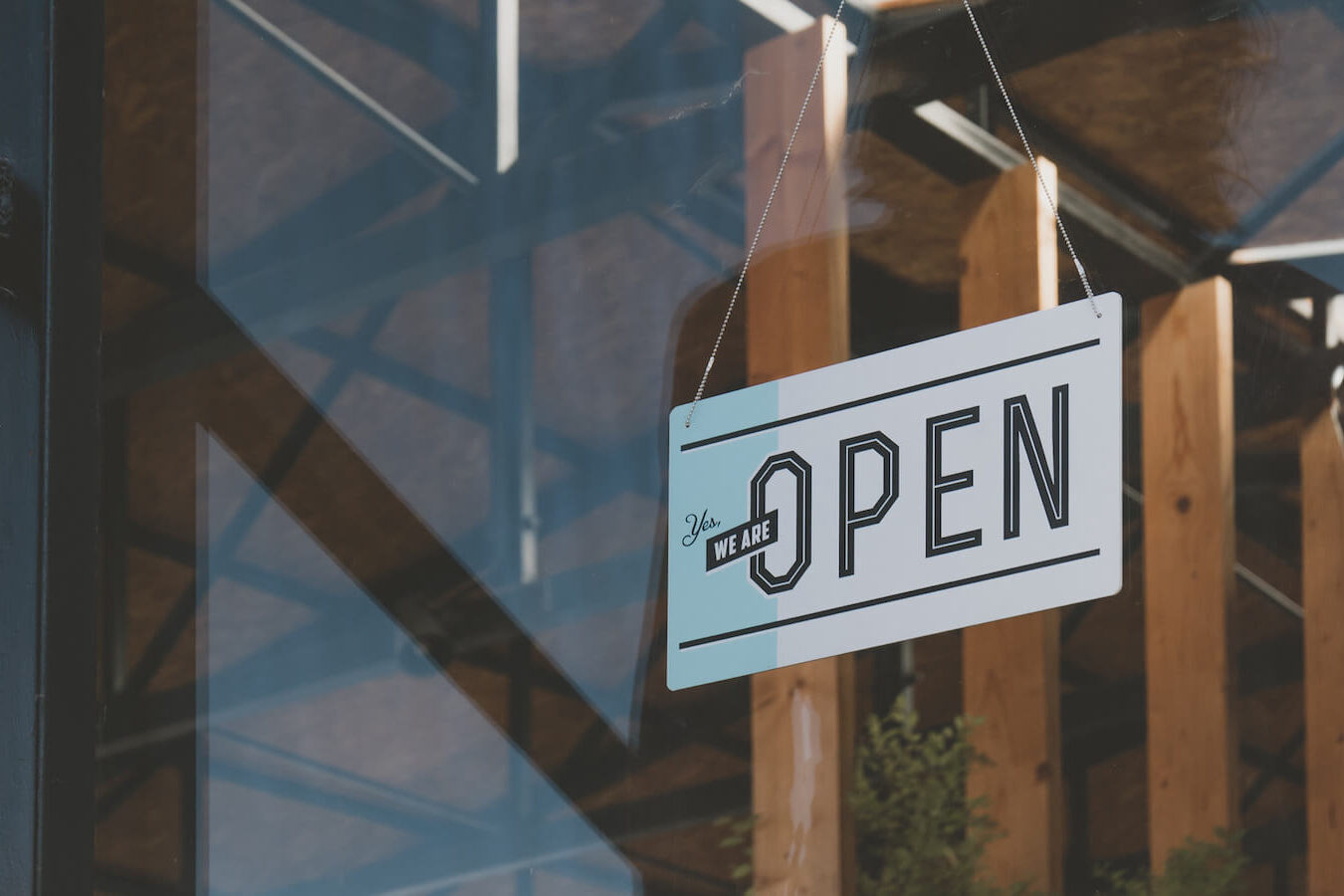How Much Does a Web Designer Cost for a Small Business?
When considering building or updating a website for your small business, one of the most important factors to budget for is the cost of hiring a web designer. Understanding what affects these costs and how to get the most value for your money is crucial. In this article, we’ll explore the various elements that influence web design costs and provide insights to help you make an informed decision.
Table of Contents
Factors Influencing Web Design Costs
Scope of the Project
The scope of your project significantly impacts the cost of hiring a web designer. A basic website with just a few pages and minimal functionality will generally cost less than a complex site with multiple features. Here’s how different project scopes affect pricing:
- Basic Website: This might include a few informational pages, such as a home page, about us, services, and contact page. Expect to pay less for these simpler projects.
- E-commerce Website: Adding a shopping cart, product pages, and payment gateways increases complexity and cost.
- Custom Features: Websites that require custom functionality, such as booking systems or interactive elements, will be more expensive.
Experience and Expertise of the Designer
The experience level of the web designer also plays a crucial role in determining the cost. Here’s a breakdown of different experience levels:
- Freelancers: Freelance web designers often offer competitive rates and can be a cost-effective option for smaller projects. Their rates can vary based on their portfolio and skills.
- Agency Designers: Design agencies typically charge more due to their comprehensive services and experienced teams. They offer a range of skills, including project management and ongoing support.
- Specialists: Designers with specific expertise in areas like e-commerce or SEO may charge higher fees but can provide specialized services that add significant value.
Geographic Location
The location of the web designer or agency can affect pricing. Here’s how location plays a role:
- Local Designers: Hiring a local designer can be more expensive, especially in high-cost-of-living areas. However, it offers the benefit of face-to-face communication.
- Remote Designers: Designers from regions with lower living costs may offer more competitive pricing. Remote work also provides access to a broader talent pool.
Design Complexity
The complexity of the design will influence the cost. Consider the following factors:
- Custom Design vs. Templates: Custom designs are more expensive as they require more time and creativity. Using pre-designed templates can reduce costs.
- Responsive Design: Ensuring your website works well on all devices (mobile, tablet, desktop) adds to the complexity and cost.
Additional Services
Many web designers offer additional services that can impact the total cost:
- SEO Optimization: Integrating SEO best practices into your website can improve its visibility in search engines but may come with additional costs.
- Content Creation: Some designers also offer content creation services, such as copywriting or photography, which can increase the overall price.
- Maintenance and Support: Ongoing maintenance and support can be offered as part of the package or as an additional service.
Typical Costs for Small Business Website Design
Freelance Web Designers
Freelance web designers typically charge between $500 and $5,000 for a small business website, depending on the scope and complexity. Here’s a rough breakdown:
- Basic Websites: $500 to $1,500
- Intermediate Websites (e.g., with custom features): $1,500 to $3,000
- Complex Websites (e.g., e-commerce): $3,000 to $5,000
Design Agencies
Design agencies offer comprehensive services and usually charge more. Expect to pay:
- Basic Websites: $2,000 to $6,000
- Intermediate Websites: $6,000 to $10,000
- Complex Websites: $10,000 and up
Additional Costs
- Domain Registration: $10 to $50 per year
- Web Hosting: $100 to $500 per year
- Premium Themes or Plugins: $50 to $500 (one-time fee)
How to Get the Best Value for Your Money
Define Your Needs Clearly
Before approaching web designers, clearly define your website’s needs. Having a well-defined project scope helps in getting accurate quotes and avoids unexpected costs.
Request Multiple Quotes
Getting quotes from several designers or agencies allows you to compare prices and services. Make sure to review their portfolios and check references.
Consider a Package Deal
Some designers or agencies offer package deals that include design, SEO, and maintenance. This can provide better value compared to purchasing each service separately.
Negotiate
Don’t hesitate to negotiate prices or request a detailed breakdown of costs. Sometimes, designers are willing to adjust their rates or offer discounts for certain features.
Focus on Long-Term Value
While it’s tempting to choose the cheapest option, consider the long-term value of your investment. A well-designed website can attract customers and drive business growth, making it worth spending a bit more initially.
Final Thoughts
The cost of hiring a web designer for a small business varies widely based on factors like project scope, designer expertise, and geographic location. By understanding these variables and carefully planning your project, you can make an informed decision and find a solution that fits your budget and business needs.
For more information on navigating website design costs, check out our guide on Navigating Website Design Costs. If you’re considering a redesign, you might find How Much Does Website Redesign Cost? helpful. And if you’re still unsure about the value of a website for your small business, read Is it Worth Making a Website for a Small Business?.






